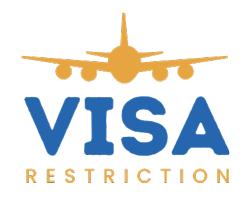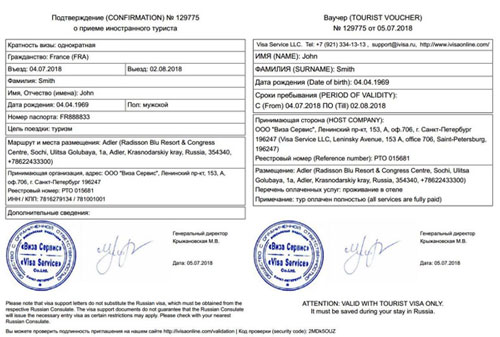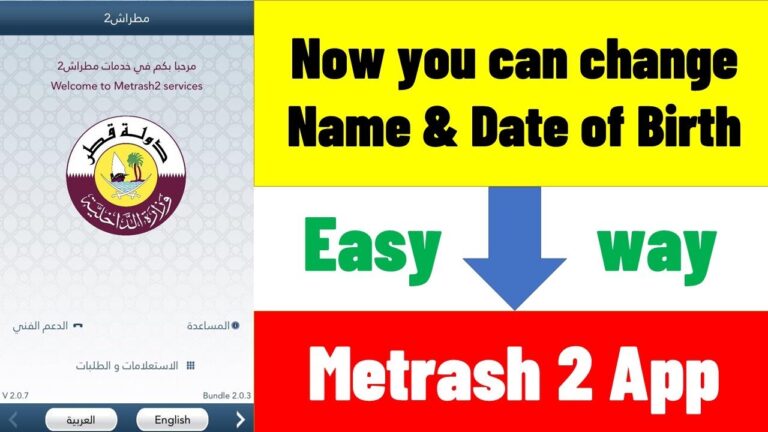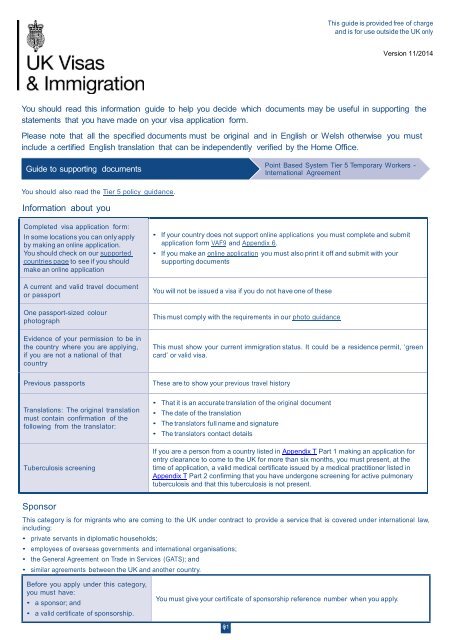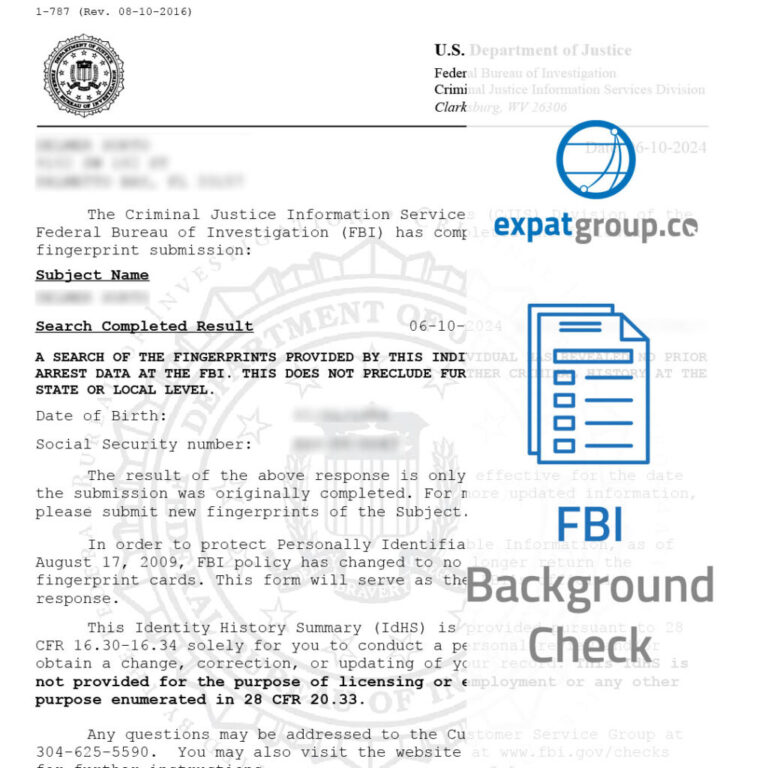Journey Together: Guide to Obtaining an Indian Visa for Your Spouse
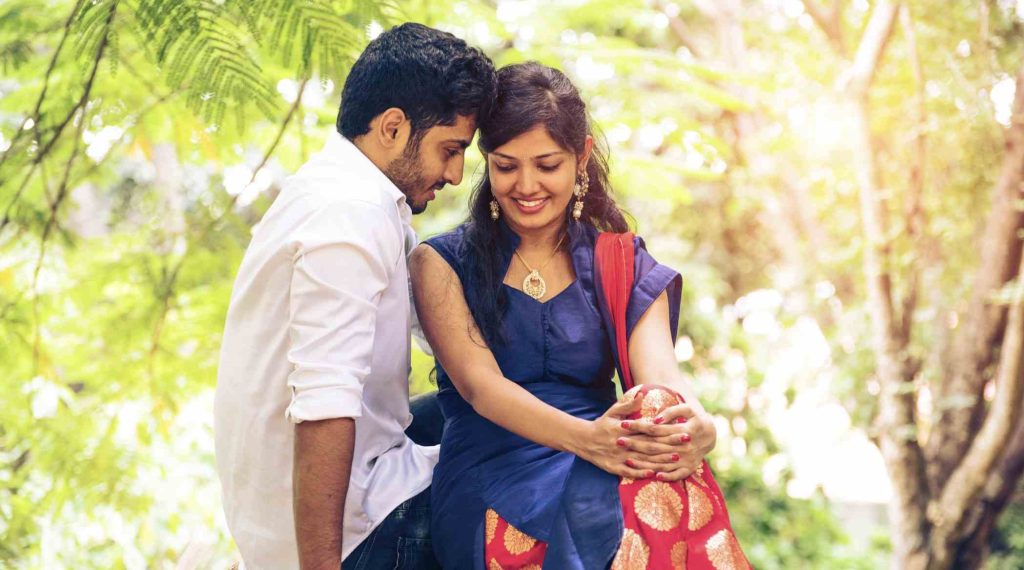
Understanding Indian Visa Requirements
When seeking an Indian visa for your spouse, understanding the requirements is crucial to ensure a smooth application process. This section covers the necessary documents you’ll need, including birth certificate requirements and OCI application documents.
Birth Certificate Requirements
An essential document for obtaining an Indian visa for a spouse is a “Birth Certificate”. This certificate must be issued by a competent authority and must include both parents’ names. If the birth certificate is issued by a foreign authority, it must be Apostled or endorsed by the respective Indian Mission abroad (Consulate General of India, San Francisco, California).
| Document | Issuing Authority | Special Notes |
|---|---|---|
| Birth Certificate | Competent Authority in Country of Birth | Must include both parents’ names |
| Foreign Birth Certificate | Foreign Authority | Must be Apostled or Indian Mission-endorsed |
For detailed guidelines, visit our guide on Indian visa requirements.
OCI Application Documents
If you or your spouse is applying for an OCI (Overseas Citizen of India) card, specific documents are required, especially when applying on the basis of parents, grandparents, or spouse (Embassy of India Democratic Republic of Congo).
Essential OCI application documents include:
- Proof of current citizenship (passport copy)
- Proof of relationship to Indian-origin parents, grandparents, or spouse
- Address proof in the foreign country
| Document | Description |
|---|---|
| Proof of Citizenship | Copy of current passport |
| Proof of Relationship | Birth certificate, Marriage certificate |
| Address Proof | Resident proof in the foreign country |
For additional information on the OCI application process, explore our resource on Indian visa documents checklist.
Ensuring you have all necessary documents, including correctly prepared birth certificates and OCI application documents, will provide a smoother journey in obtaining the Indian visa for your spouse. For more detailed steps, you can also check our page on apply for Indian visa online.
Types of e-Visas to India
Obtaining an Indian visa for your spouse can be a seamless process when you understand the different types of e-Visas available. Here we explore the purposes and permissions associated with each e-Visa category.
e-Visa Purposes
International travelers can apply for an e-Visa to India for various purposes. These include:
- Recreation and Sightseeing: For tourists who want to explore India’s rich culture and heritage.
- Casual Visits: For visiting friends and relatives.
- Attending Yoga Programs: For those who want to participate in yoga retreats or courses.
- Medical Treatment: For getting medical care in India.
- Business: For attending business meetings, trade fairs, or establishing industrial ventures.
- Conference Attendance: For participating in government or private conferences (Consulate General of India, San Francisco).
Sub-categories and Permissions
The e-Visa has five main sub-categories. Each comes with specific permissions and validity durations.
| Sub-category | Validity | Permissions |
|---|---|---|
| e-Tourist Visa | 30 days/1 year/5 years | Multiple entries allowed; maximum stay of 90 days per visit (except for US, UK, Canada, and Japan passport holders, who can stay up to 180 days). |
| e-Business Visa | 1 year | Multiple entries allowed; maximum stay of 180 days. |
| e-Medical Visa | 60 days | Triple entries allowed for undergoing medical treatment. |
| e-Medical Attendant Visa | 60 days | Triple entries allowed; issued to family members accompanying e-Medical Visa holders. |
| e-Conference Visa | Duration of conference or seminar | Single entry; must provide an invitation from the organizing body. |
Each e-Visa type has its own set of requirements and permissions. For example, e-Tourist and e-Business visa applicants must apply online at least 4 days in advance of their arrival date in India. For e-Medical, e-Medical Attendant, and e-Conference visas, applicants are required to apply online at least 4 days ahead with a window of 120 days.
For additional information on the application process and necessary documents, review our guide on the Indian visa application process. Each sub-category serves distinct purposes and caters to different needs, making it easier to find the right visa for your visit to India with your spouse. For more details on visa categories, check our comprehensive article on types of Indian visas.
By understanding these e-Visa types and their permissions, you can make an informed choice that best suits your travel plans and requirements. Whether it’s for business, tourism, or attending a yoga program, knowing the specifics can make the application process smoother and ensure compliance with Indian immigration regulations.
Applying for e-Visa to India
Application Timing
When applying for an Indian e-Visa for your spouse, it’s crucial to submit the application within the specified time frame. For e-Tourist and e-Business visas, you must apply online at least 4 days before the arrival date in India. For other e-Visa categories like e-Medical, e-Medical Attendant, and e-Conference visas, applications must also be submitted at least 4 days in advance, with a valid window of up to 120 days (Consulate General of India, San Francisco). This ensures that you have ample time for processing and avoids any last-minute issues. Be sure to check the indian visa processing time for additional details.
| Visa Type | Time Frame |
|---|---|
| e-Tourist | Apply at least 4 days before arrival |
| e-Business | Apply at least 4 days before arrival |
| e-Medical | Apply at least 4 days before arrival (valid for up to 120 days) |
| e-Medical Attendant | Apply at least 4 days before arrival (valid for up to 120 days) |
| e-Conference | Apply at least 4 days before arrival (valid for up to 120 days) |
Fee Structure
The fee structure for an Indian e-Visa varies depending on the type and duration of the visa. For an e-Tourist visa, the fees can range from US$10.00 to US$80.00. Additionally, there is a 2.5% bank transaction charge that is applicable on the e-Visa fees, and the payment must be made at least 4 days before the expected date of travel (Consulate General of India, San Francisco).
| e-Visa Type | Fee (USD) | Additional Charge |
|---|---|---|
| e-Tourist (30 days) | $10.00 | 2.5% bank transaction charge |
| e-Tourist (1 year) | $40.00 | 2.5% bank transaction charge |
| e-Tourist (5 years) | $80.00 | 2.5% bank transaction charge |
| e-Business | $80.00 | 2.5% bank transaction charge |
| e-Medical | $80.00 | 2.5% bank transaction charge |
| e-Medical Attendant | $80.00 | 2.5% bank transaction charge |
| e-Conference | $80.00 | 2.5% bank transaction charge |
It’s important to be aware of these fees and transaction charges to budget accordingly. For more details about the fee structure, visit our page on indian visa fees.
Make sure to gather all necessary documentation and follow guidelines to avoid delays or rejection. For a comprehensive checklist, refer to indian visa application process.
By keeping these factors in mind, you can ensure a smooth and efficient application process for the indian visa for your spouse.
Completing e-Visa Application
Completing the e-Visa application process for your spouse traveling to India requires careful attention to detail. Ensuring that all required documents are correctly provided and avoiding common pitfalls can help streamline the process.
Required Documents
Applicants need to gather several important documents for the e-Visa application:
-
Recent Photograph:
- A recent front-facing photograph with a white background.
-
Passport Information:
- The photo page of the passport. The passport must have at least six months validity from the date of arrival in India and have at least two blank pages for stamping.
-
Additional Documentation:
- These are dependent on the type of e-Visa being applied for, such as business, medical, or conference e-Visas. Each type may have specific additional document requirements (Consulate General of India, San Francisco).
Ensure that all documents are clear and accurate to avoid delays or rejection. For a detailed list of documents, refer to the Indian Visa Documents Checklist.
Avoiding Rejection
To avoid rejection of your e-Visa application, follow these best practices:
-
Accurate Information:
- Double-check all information provided in the application form for accuracy. Inconsistencies can lead to rejections.
-
Photograph Requirements:
- Ensure the photograph meets the specific requirements (front-facing with a white background). Refer to the Indian Visa Photo Requirements for detailed guidance.
-
Timely Application:
- Submit the application at least 4 days in advance of the travel date. This is particularly crucial for e-Tourist, e-Business, e-Medical, e-Medical Attendant, and e-Conference visas, where the application must be done within a specific window (Consulate General of India, San Francisco).
-
Fee Payment:
- Pay the applicable visa fee and the associated 2.5% bank transaction charge at least 4 days before the travel date. Note that the visa fee is non-refundable (Consulate General of India, San Francisco). For more fee-related details, visit Indian Visa Fees.
| e-Visa Type | Application Timing | Fee (USD) | Additional Info |
|---|---|---|---|
| e-Tourist | At least 4 days in advance | $10.00 – $80.00 | Fee varies by duration |
| e-Business | At least 4 days in advance | $100.00 – $120.00 | – |
| e-Medical | At least 4 days in advance (120-day window) | $100.00 | – |
| e-Conference | At least 4 days in advance (120-day window) | $100.00 | – |
-
Supporting Documents:
- Ensure all required additional documents (as per the e-Visa category) are uploaded correctly. For example, an e-Business visa may require a business card, while an e-Medical visa might need a medical referral letter.
-
Technical Issues:
- Use a reliable internet connection and compatible browser to avoid technical glitches during the submission process.
For more in-depth insights into the application process, visit Indian Visa Application Process and for real-time support, access the Indian Visa Helpline.
By ensuring all these steps are meticulously followed, you increase the chances of your e-Visa application being approved smoothly and efficiently.
Important e-Visa Fee Information
When applying for an Indian visa for your spouse, understanding the fee structure and refund policy is crucial. The process involves certain financial aspects that you need to be aware of to avoid any surprises.
Transaction Charges
The cost of an e-Tourist visa to India varies based on the duration and type of visa you are applying for. The fee ranges from US$10.00 to US$80.00. In addition to the base fee, a 2.5% banking transaction charge is applicable on all e-Visa fees. It’s essential to ensure that the fee is paid at least 4 days before your planned date of travel (Consulate General of India, San Francisco).
| Visa Type | Duration | Visa Fee (USD) | Transaction Charge (%) |
|---|---|---|---|
| e-Tourist Visa | Up to 30 days | $10.00 | 2.5% |
| e-Tourist Visa | Up to 1 year | $40.00 | 2.5% |
| e-Tourist Visa | Up to 5 years | $80.00 | 2.5% |
Refund Policy
It’s important to note that the e-Visa fee is non-refundable. The fee you pay is for the processing of your application, irrespective of whether your Electronic Travel Authorization (ETA) is approved or denied. Therefore, it is crucial to ensure that all your documents and application details are accurate to avoid rejection.
For further details on the application process and required documents, refer to our indian visa application process guide.
You are also required to carry a copy of the ETA at the time of travel. Failing to do so might result in denial of entry. If you have any questions regarding the application, you might find it helpful to contact the Indian visa helpline.
Understanding these fee-related aspects will help you in planning your trip more effectively. For more extensive information, visit our comprehensive guide on indian visa fees.
Carrying ETA for Travel
When traveling to India on an e-Visa, it is crucial to understand the importance of carrying your Electronic Travel Authorization (ETA). This section will guide you on why the ETA is a mandatory requirement and its impact on your travel plans.
Mandatory Requirement
Carrying a copy of your ETA is a mandatory requirement when traveling to India. Without this document, you may not be allowed to board your flight or enter the country upon arrival. The Consulate General of India, San Francisco states that applicants must carry a printed copy of their ETA at the point of entry. This ETA serves as proof that your e-Visa has been approved and processed.
Make sure to double-check that all information on your ETA is correct, including your personal details and visa type. This ensures that there are no discrepancies that might cause issues during your travel.
Application Outcome Impact
The outcome of your e-Visa application has a significant impact on whether or not you receive your ETA. It’s important to note that once you have submitted your e-Visa application, the fee is non-refundable, even if your application is rejected. Therefore, paying close attention to the details and requirements of the e-Visa application process can help minimize the chances of rejection.
If your application is successful, you’ll receive an ETA, which you must print and carry with you. An approved ETA ensures you meet the entry requirements set by Indian immigration authorities. In case your application is rejected, you will need to reassess the indian visa requirements and possibly reapply, keeping in mind the non-refundable fee and additional costs you may incur.
For more detailed information about the indian visa application process and to ensure you have all the necessary documentation, please refer to our indian visa documents checklist.
Being prepared with all the necessary paperwork, including your ETA, is essential for a smooth travel experience. Understanding these requirements will help you avoid any complications, ensuring that your journey to India is enjoyable and hassle-free.
